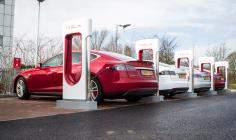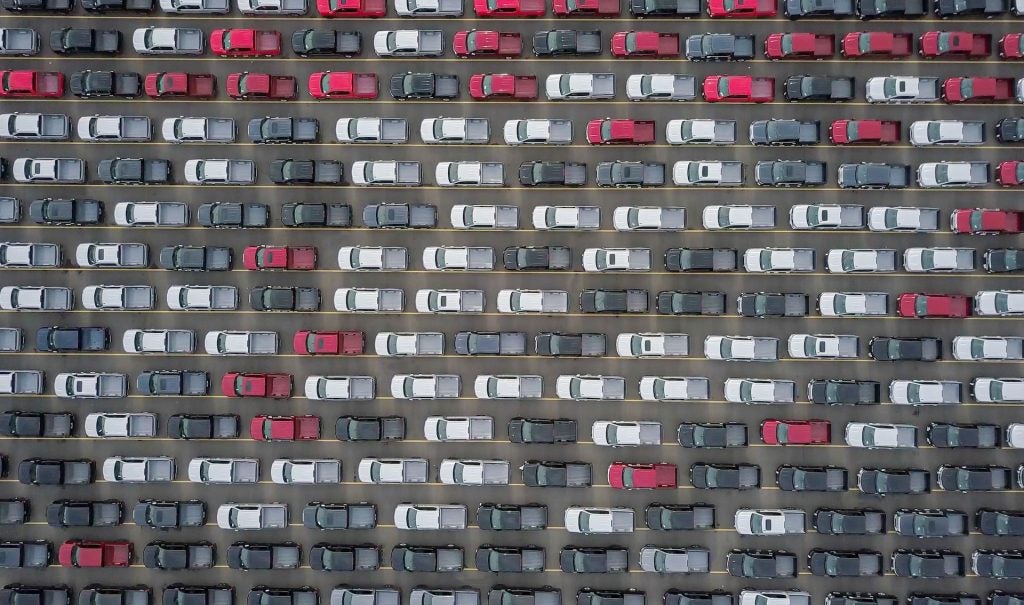
The fatal car accident involving a Tesla in autopilot mode, first revealed to the public last week, could potentially become ‘the key’ moment in development of insurance for driverless vehicles, according to analysts from Timetric’s Insurance Intelligence Center (IIC).
On May 7th, a fatal accident occurred in the US, when a Tesla in autopilot mode hit a tractor trailer moving across a highway perpendicular to the car.
According to Tesla, this was the first known fatality in just over 130m miles of driving with autopilot activated. This compares to a US average of 94m miles, and a worldwide average of 60m miles.
When Tesla autopilot is engaged, the car warns that the mode is "an assist feature that requires you to keep your hands on the steering wheel at all times."
It also says "you need to maintain control and responsibility for your vehicle" while using it.
In this case, both the driver and the Tesla missed the white side of the trailer against the brightly lit sky, meaning the brake was not applied, causing the crash.
How well do you really know your competitors?
Access the most comprehensive Company Profiles on the market, powered by GlobalData. Save hours of research. Gain competitive edge.

Thank you!
Your download email will arrive shortly
Not ready to buy yet? Download a free sample
We are confident about the unique quality of our Company Profiles. However, we want you to make the most beneficial decision for your business, so we offer a free sample that you can download by submitting the below form
By GlobalDataMedia reports have suggested the driver in this case was watching a DVD, though there are conflicting reports, and this yet to be proven.
At the end of June, the US National Highway Traffic Safety Administration (NHTSA) opened investigations into the crash.
Insurance implications
According to the Insurance Intelligence Center (IIC) the decision made by the NHTSA, and any insurance claims resulting from this, will have a major impact on how driverless cars are insured.
Joel Dudley, an analyst at the IIC, said: "This may now set a precedent for whether the manufacturer or the driver is at fault in this kind of collision. If the courts decide that the manufacturer is responsible, this turns the existing motor insurance model on its head – drivers will no longer need to buy insurance, as they do now, with manufacturers buying the insurance instead."
This could fundamentally change the motor insurance industry, Dudley said, as the industry will have to adjust from selling low-value standardized policies via websites, aggregators and agents to a situation where manufacturers buy one or a handful of policies each.
Aside from causing the number of motor insurance policies plummeting, Dudley added: "These new policies would also require a very different skill-set. Rather than evaluating the risk posed by a single driver, insurers would be evaluating the risks specific to the software and hardware created by the manufacturer. This will involve very specialized underwriting teams, rather than the volume-focussed motor underwriters existing currently."







